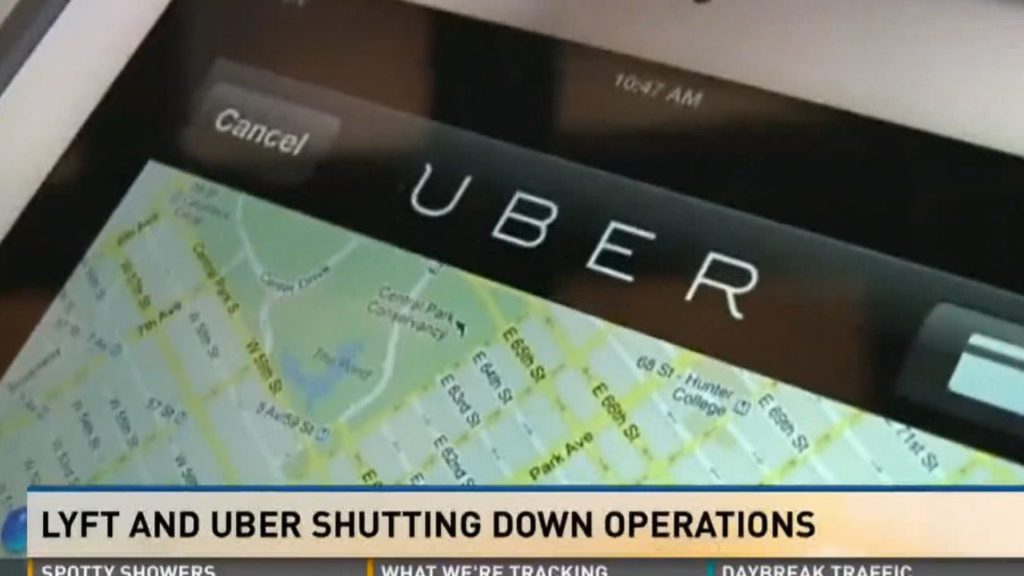Uber and Lyft gambled and lost
Uber & Lyft forced Austin, Texas residents to vote on background check regulations on their drivers and lost. They pulled out and Austin innovated.
USA Today reports the following.
AUSTIN – Faced with a ride-hailing void after a contentious regulation battle pushed Uber and Lyft to leave the city, Austin tech leaders created an alternative — a non-profit ride-hailing company backed by local donations.
On Monday, they unveiled RideAustin, an app that came together in the 16 days since Austin voters on May 7 rejected a proposition by Uber and Lyft that would allow the companies to essentially self-regulate and bypass the city’s mandate for fingerprint background checks on drivers. Two days after the failed vote, Uber and Lyft shut down operations in Austin.
Austin-based engineers worked around the clock in the two weeks since the failed vote here to launch the app and initiative. To fund the platform, RideAustin collected private donations from locals and tapped corporations that pre-paid for thousands of local rides, said Joe Liemandt, a local tech entrepreneur and RideAustin co-founder. RideAustin began recruiting drivers on Monday and expects to start rides in mid-June.
Companies like Uber and Lyft provide an app for drivers to connect them to potential riders. It isn’t rocket science. It is reasonable for cities to regulate these companies to protect citizens against potential criminals. By attempting to strongarm Austin and leaving when citizens voted against Uber and Lyft’s desire for quasi-laissez-faire may ultimately hurt that entire business if RideAustin is successful. Why?
USA Today reports the following reality about a non-profit joining that type of service.
Meanwhile, Austin’s tech community could very well fill the gap left behind by the popular ride-hailing companies, with initiatives such as RideAustin and other private companies getting into the market, he said. The experience forced Austin to be even more creative and innovative, despite outside perception.
“People who know Austin and know us and understand the facts see this as Austin being at its most innovative and entrepreneurial,” Adler said. “We are the next generation disruptors in this conversation.”
But what they should fear even more is the technology becoming a part of the public domain and available to anyone.
Unlike Uber and Lyft, RideAustin officials will share their data for public research, Liemandt said. That research could help answer questions kept secret by the private companies, such as whether lower prices actually draw more riders or whether price surges discourage them.
“We’re going to be opening the box to how all these ridesharing [companies] work,” Liemandt said.
Uber & Lyft could justifiably find themselves without the lucrative niche they thought they had.

